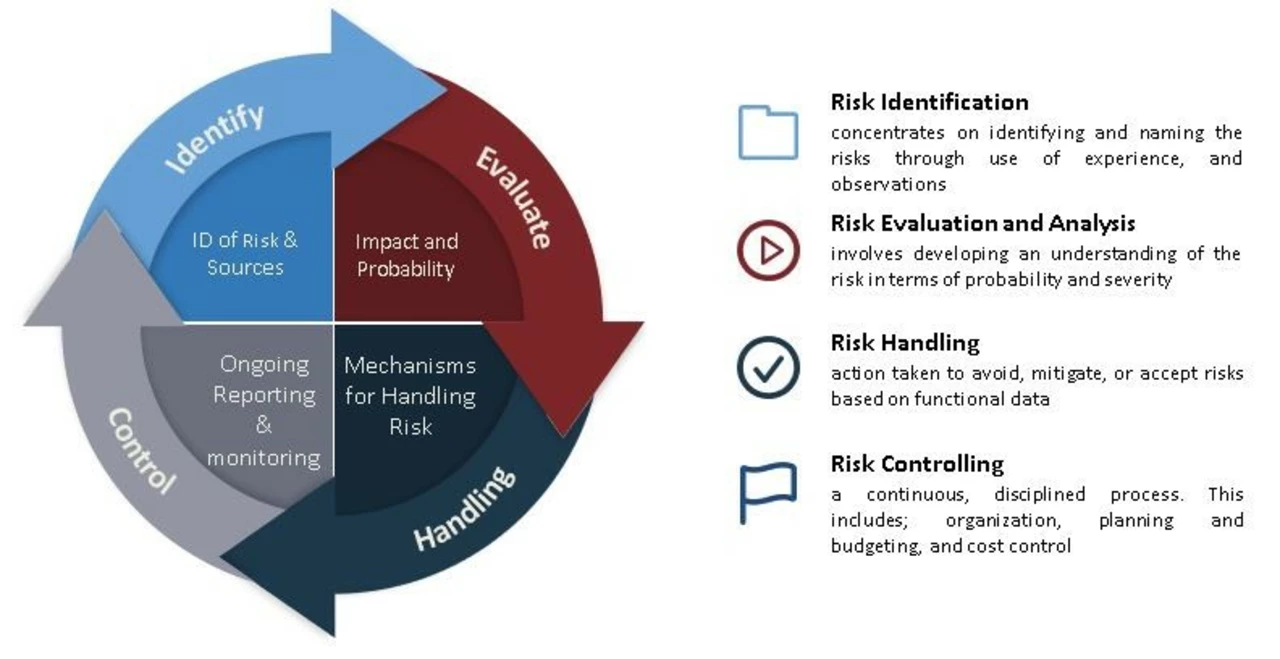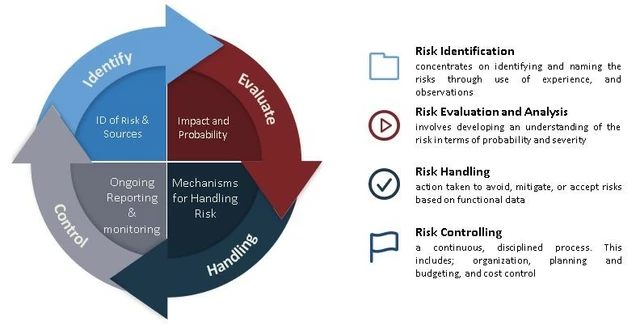Introduction to Gemfibrozil and its Side Effects
Gemfibrozil is a medication that belongs to the class of drugs known as fibrates. It is primarily used to treat high cholesterol and triglyceride levels in the blood, which can help to prevent heart disease and other cardiovascular issues. As with any medication, there are potential side effects that may occur when taking gemfibrozil. In this article, we will explore the most common side effects of this drug, what you can expect while taking it, and how to manage any symptoms that may arise.
Common Side Effects of Gemfibrozil
While most people who take gemfibrozil do not experience significant side effects, there are some common symptoms that you may encounter. These can include gastrointestinal issues such as diarrhea, stomach pain, indigestion, or nausea. Additionally, you may experience headaches, dizziness or lightheadedness, or mild skin rashes. It is important to note that these side effects are typically mild and manageable, but it is always a good idea to discuss any concerns with your healthcare provider.
Rare but Serious Side Effects
There are some rare but potentially serious side effects that can occur when taking gemfibrozil. These can include severe muscle pain or weakness, which may indicate a condition called rhabdomyolysis. This is a breakdown of muscle tissue that can lead to kidney damage, and it requires immediate medical attention. Additionally, gemfibrozil can sometimes cause liver problems, which may present as yellowing of the skin or eyes, dark urine, or severe abdominal pain. If you experience any of these symptoms, contact your healthcare provider right away.
Interactions with Other Medications
Gemfibrozil can interact with other medications, which may increase the risk of side effects or reduce the effectiveness of one or both drugs. Some common medications that can interact with gemfibrozil include anticoagulants (blood thinners), statins (another class of cholesterol-lowering drugs), and certain diabetes medications. It is essential to inform your healthcare provider of all the medications and supplements you are currently taking to minimize the risk of interactions.
Managing Mild Side Effects
If you experience mild side effects while taking gemfibrozil, there are some strategies you can try to help alleviate your symptoms. For gastrointestinal issues, try taking the medication with food or after a meal, and avoid lying down immediately after taking it. Drinking plenty of water can also help to reduce the risk of dehydration due to diarrhea. If you experience headaches or dizziness, try lying down or sitting in a quiet, dark room, and avoid activities that may exacerbate these symptoms.
Preventing Serious Side Effects
While it may not be possible to completely prevent serious side effects, there are some steps you can take to minimize your risk. First, always follow your healthcare provider's instructions for taking gemfibrozil and do not take more than the recommended dose. Secondly, make sure to have regular blood tests to monitor your cholesterol levels and liver function. Finally, maintain a healthy lifestyle, including a balanced diet, regular exercise, and avoiding smoking and excessive alcohol consumption.
When to Seek Medical Attention
It is important to know when to seek medical attention if you are experiencing side effects from gemfibrozil. If you experience severe muscle pain or weakness, signs of liver problems, or any other symptoms that are causing significant distress or concern, contact your healthcare provider right away. Additionally, if your side effects are not improving with time or are getting worse, it is essential to discuss this with your doctor, as they may need to adjust your treatment plan.
Discussing Concerns with Your Healthcare Provider
If you have concerns about the side effects of gemfibrozil or are experiencing symptoms that are difficult to manage, it is important to discuss these issues with your healthcare provider. They can help to determine whether the benefits of the medication outweigh the risks, and they may be able to adjust your dosage or suggest alternative treatments if necessary. Remember, it is always better to ask questions and voice your concerns than to suffer in silence.
Conclusion
In conclusion, gemfibrozil is an effective medication for managing high cholesterol and triglyceride levels, but it is not without its potential side effects. By being aware of the most common symptoms, knowing how to manage mild side effects, and understanding when to seek medical attention, you can help to ensure that your treatment with gemfibrozil is as safe and effective as possible. Always consult with your healthcare provider if you have any concerns or questions about your medication.












